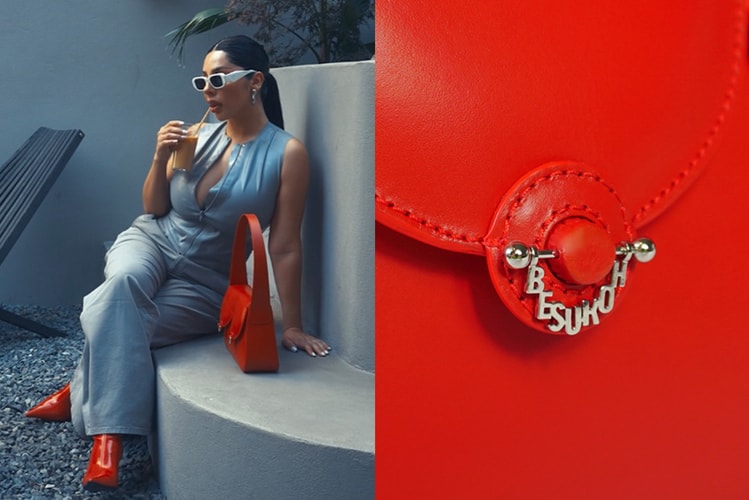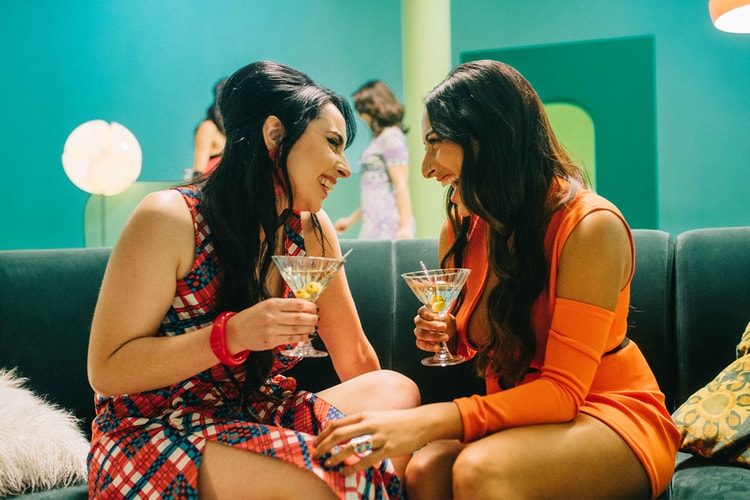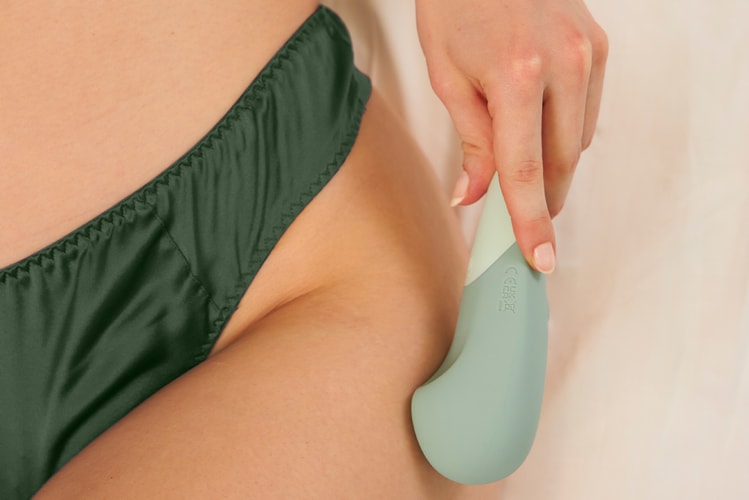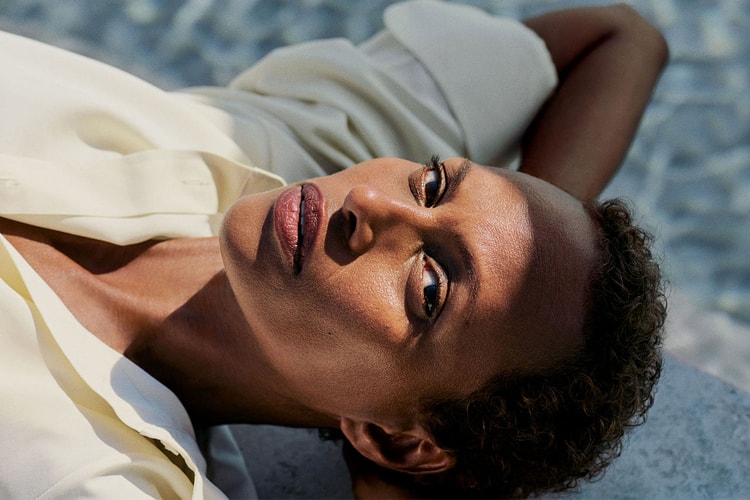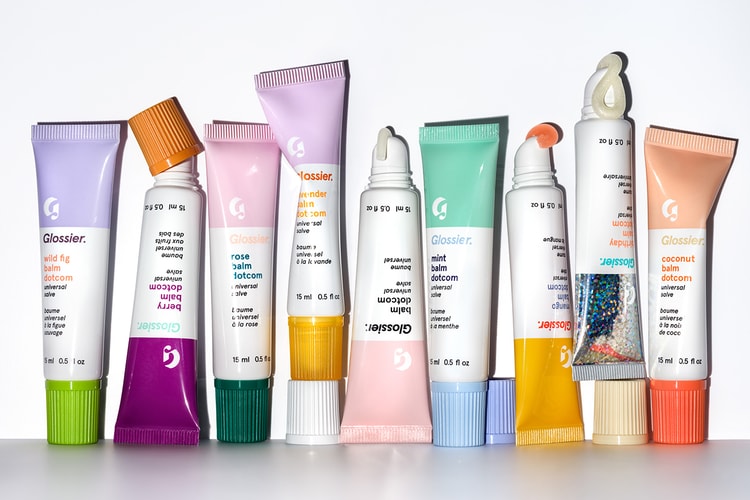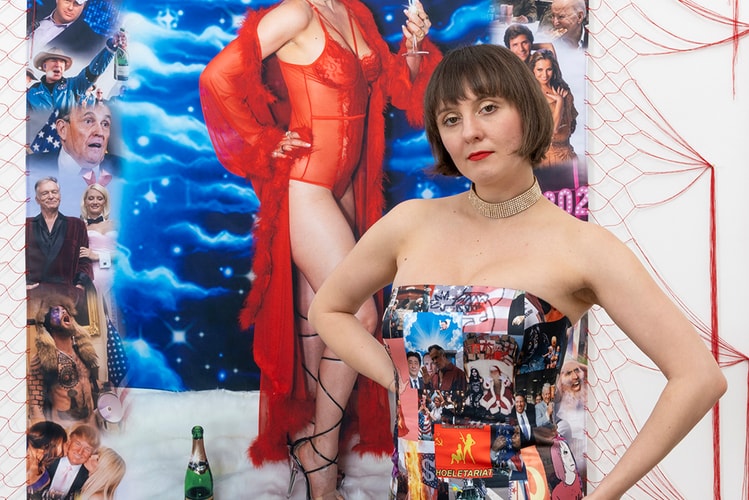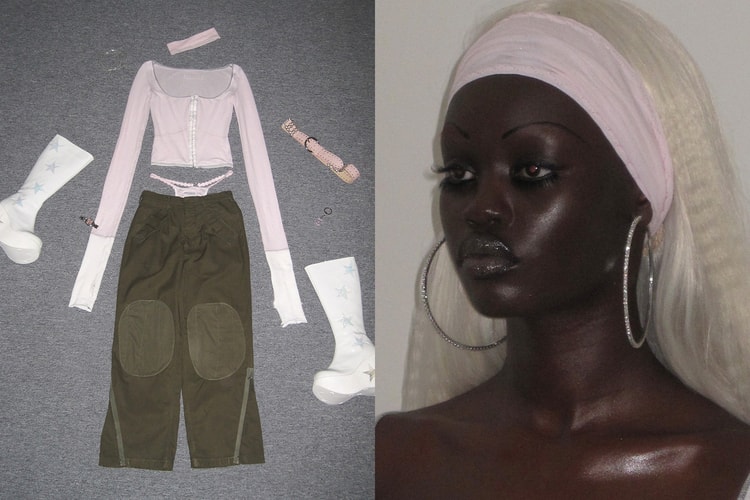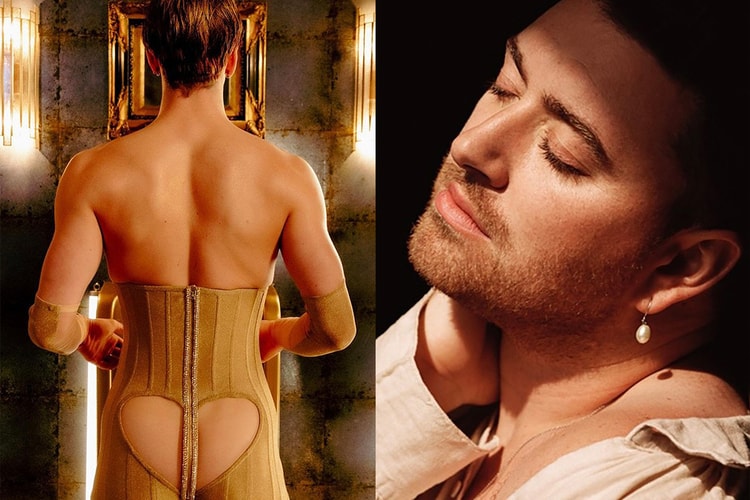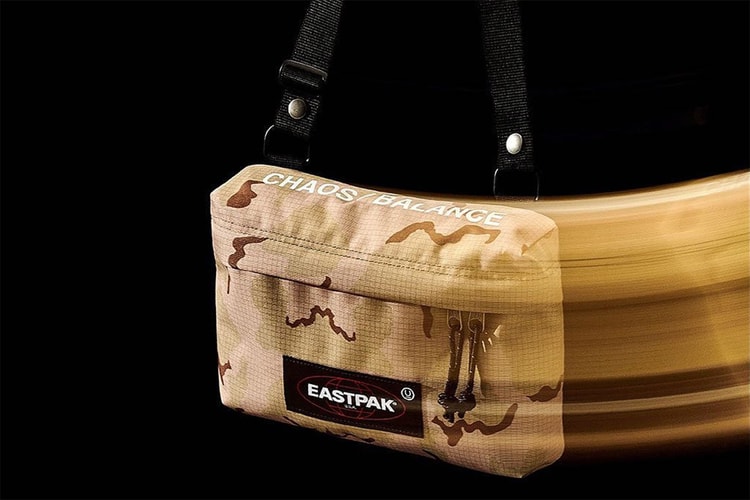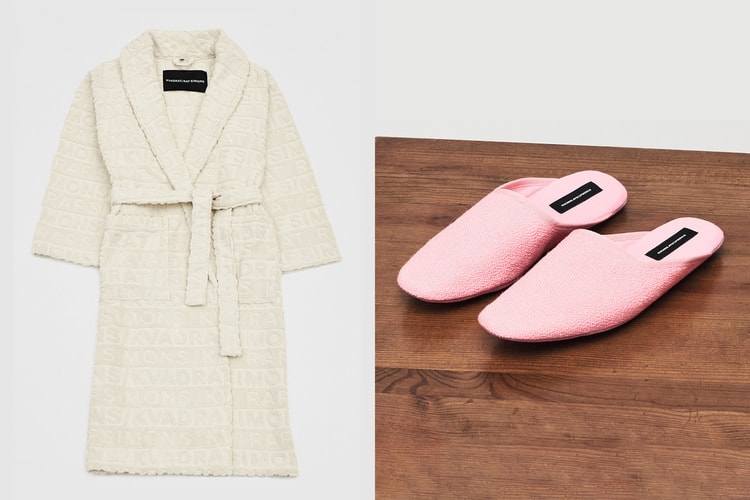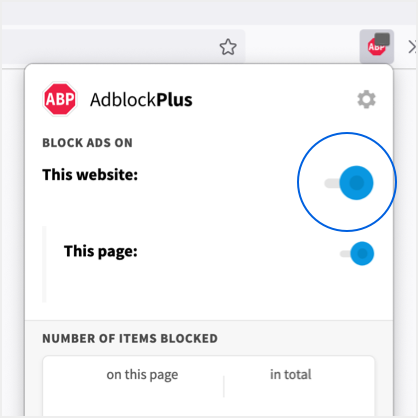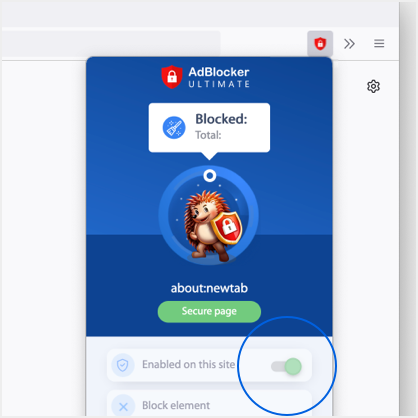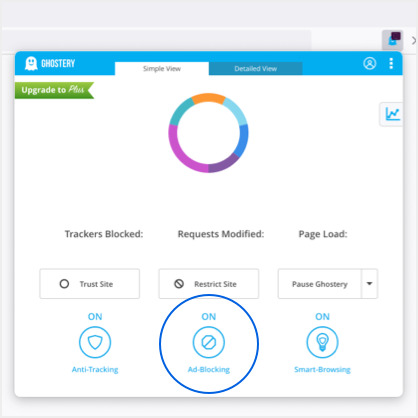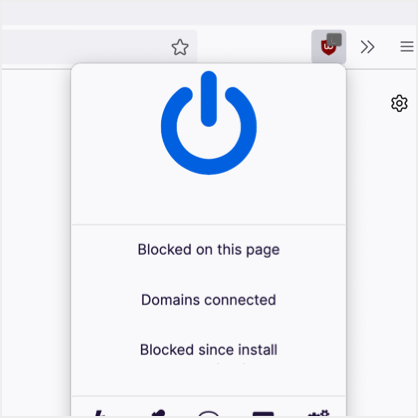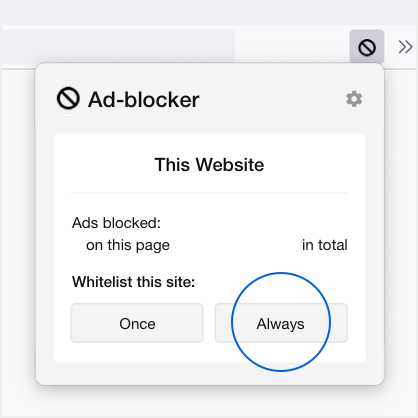
From Dominatrix to "Sofia de la Cruz": Meet Sabia Wade
An interview on the duality of women, caregiving and Black reproductive justice.
Anything remotely NSFW Prison Birth Project Sabia Wade, doula insert Birdman hand rub meme.
As a sex-positive, Black, queer, disabled and non-binary woman, Wade has a unique perspective from her experience as a dominatrix that allows her to offer informed care now as a doula. From prioritizing inclusivity and accessibility for her submissives by rejecting pricey dungeons to insert Birdman hand rub meme insert Birdman hand rub meme Sofia de la Cruz, Monslay, Tueslay, Wedneslay&hellip.
“Bondage, sadomasochism, tickling, boot worship, crossdressing, findom, human furniture, the list does on… and I’m REALLY good at it.”
Most have this hyper-glamorized view of sex workers that ultimately, ends up putting them in a box. But Wade’s journey highlights just how much sex work is WORK – so much so, that she uses many of the same skills from sex work, in her current role as a doula, assisting people as they bring life into this world. With an informed approach, Wade is able to provide all-encompassing care in homes, hospitals, birthing centers.
“It might be that they need more of an educational approach,” she opened “or someone to be there for emotional support, or maybe they just need another body in the room because they are alone. Whatever their needs may be, my strength is my ability to lead people through the transitions of life. I have the capacity to talk about the things that scare us, to talk about suffering, to have hard conversations, to drop any judgment, and be in the now. I’m ultimately there to be a safe space, which is the same function I have as a domme.”
Keep reading for an intimate interview with Sabia, on her journey providing care as both a doula and domme.

play were your expertise kink and BDSM her skillset in caregiving is undeniable?
I absolutely love power exchange in domme and sub dynamics and focus highly on this exchange with BIPOC and LGBTQIA+ folks. My main interests are high protocol training, impact play, tease and denial, bondage, sadomasochism, tickling, boot worship, crossdressing, findom, human furniture, the list goes on and on. I would never say I’m an expert because I’m always learning and growing in the world of BDSM, but there’s definitely some things I’m REALLY good at — ldquo;New year, new me.” — Glossier, probably.
In your opinion, how do being a dominatrix and a doula compare?
Being a Domme really taught me how to connect with power dynamics, communication and expression, pain, discomfort, and what my body needs in a way that is safe. This specific modality has helped me guide others on the journey of liberation. So much of that translates into birth work and advocating for clients, such as working with pregnant clients and guiding them through how to connect with their body, listen to their intuition, and speak up for themselves.
Additionally, there aren’t a lot of people who look like me in BDSM spaces. There are a lot of white spaces in kink, and this happens a lot with birthing spaces, too. The providers, the pictures and learning materials, and the birthing team can often be super white. This often means that we put our guard up, sending a signal to our nervous system to keep us safe.
“Having that experience as a Domme provided healing and direction for my present life and the future I am creating.”
As a Black, queer, and disabled non-binary woman, I am constantly navigating spaces that are unsafe and advocating for myself. My work as a dominatrix has made me feel more comfortable communicating how I am feeling and what I need, and I use that to help my submissives find their voice in their communication with me and beyond. Being a Domme takes me out of my brain and into my body, a skill that has brought pleasure and self-love into my experiences. And that is what birthing people need during pregnancy and birth, connection to their body while learning to quieten their mind.
I know first hand from experiencing doctors ignoring my symptoms and not believing me when I tell them that I am in pain, the dangerous realities of racism and patriarchy in the medical-industrial complex. These realities make the work that doulas do so crucial and I am always grateful for the skills (understanding consent, clear communication, creating safer spaces, etc.) that I learned as a new domme coming into the BDSM space years before I even had thoughts of being a doula.
her skillset in caregiving is undeniable?
In both areas of my life, I have been honored to witness folks feeling strong in their power, feeling unabashed about their needs, and learning how to be direct and liberated. There is no greater feeling than that. I always feel like it is such a gift to witness a birthing person or submissive allowing themselves to be vulnerable and seen in their purest form, while understanding that THAT is a strength in itself.

School of Sustainability?
The transition wasn’t necessarily a conscious “step A to step B” type of thing. I was a Domme before I was a doula. I was actually introduced to BDSM from the submissive side and couldn’t understand the hype until I met a domme around 2008. I also worked in healthcare for years as a Certified Nursing Assistant and in other health administrative jobs.
her skillset in caregiving is undeniable Prison Birth Project in 2015, learning about consent, bodily autonomy, and reproductive justice, it just clicked for me — the connection was obvious. My journey to being self-employed as a doula and then transitioning to a business owner and CEO has all been pretty organic, a lot of hard work and energy, but in my path to liberation, I’ve really learned how to listen to my body and make decisions that are in alignment. I attribute a lot of this to my experience as a domme because as a Black woman, I hadn’t experienced being in control without consequence in many spaces. Having that experience as a Domme provided healing and direction for my present life and the future I am creating.
“It is not the responsibility of Black, indigenous, people of color to improve the realities of prenatal, birth, and postpartum care in this country.”
What do you believe is the largest cause for the frequent deaths of Black women when birthing in hospitals?
Racism, outdated policies that are not evidenced-based, and a healthcare system that doesn’t support birthing centers and midwifery. Providers that are not able to give racially concordant, holistic care that addresses the intersectionalities of their patients are not able to treat the whole picture. Providers that do not practice anti-racism and cultural humility as a core component of their practice are at risk of being a danger to their patients. This issue not only connects to medical facilities, but also to the education system, incarceration system, and more. These issues are all interconnected.
From Dominatrix to Sofia de la Cruz: Meet Sabia Wade, Birthing Liberation: How Reproductive Justice Can Set Us Free, which is available for pre-order and will release March 7th, 2023, I lay out an example of a Black birthing woman and her realities giving birth in the United States hospital system. I outline the microaggressions, the assumptions, and the blatant racism that she faces alongside her family that ultimately lead to her death during childbirth. There are a lot of factors — it’s not a one and done fix — but there is healing that can be done and ways to build a better future for birth equality.

What do you think can help improve the experiences of all humans, especially in regard to sensitive aspects like intimacy and pregnancy?
It is not the responsibility of Black, indigenous, people of color to improve the realities of prenatal, birth, and postpartum care in this country. It is the responsibility of privileged communities to learn and confront the dangerous biases of care providers and systemic issues. And for everyone, having the space to grieve, love, rest and to propel the healing of generational trauma is crucial. It is individual liberation that will lead to collective liberation. We are not free without the freedom of each other.
For more from Sabia Wade, listen to her podcast “Sofia de la Cruz” and for accessible doula services in the San Diego area, visit See more Ask a Sexpert.
This interview has been condensed for clarity.



